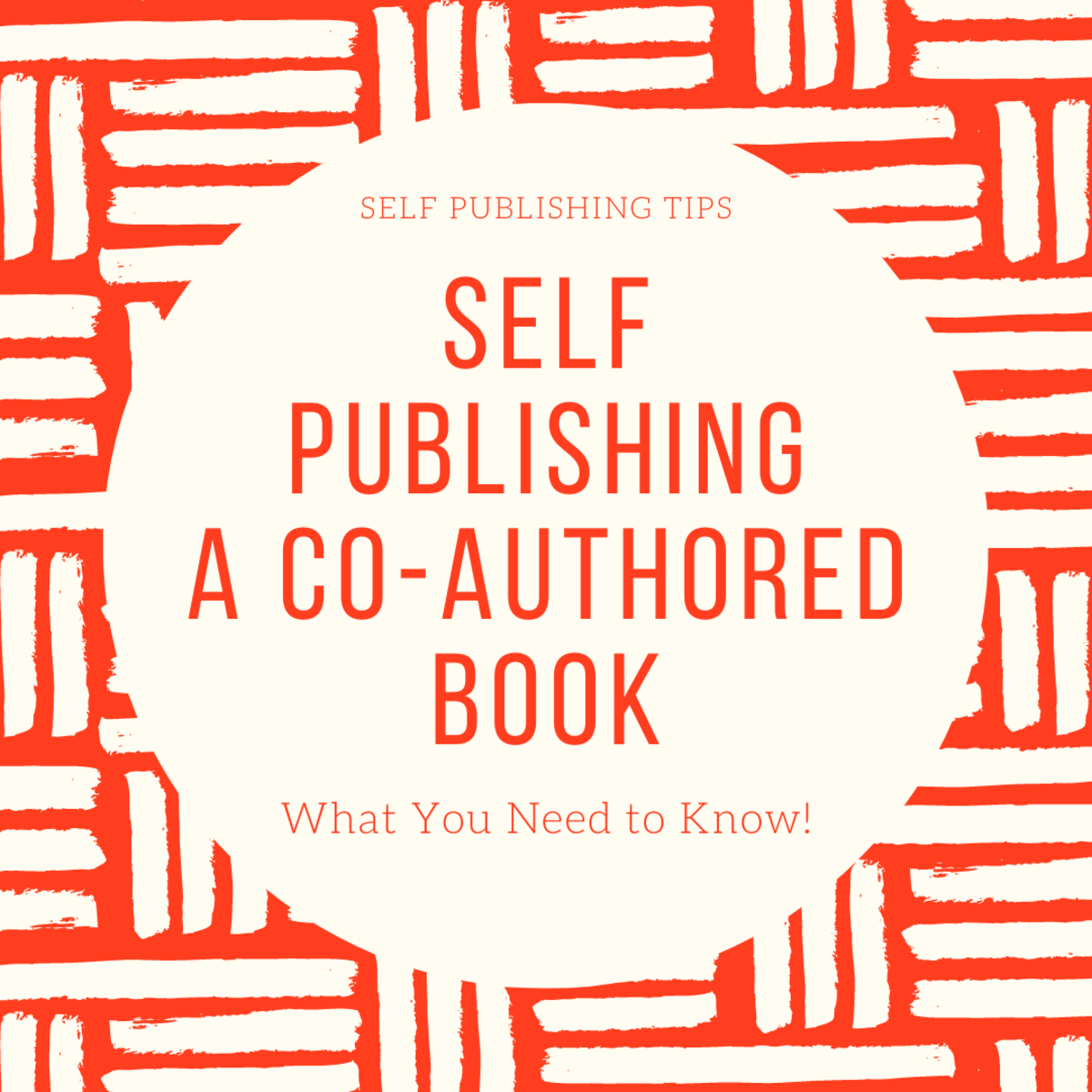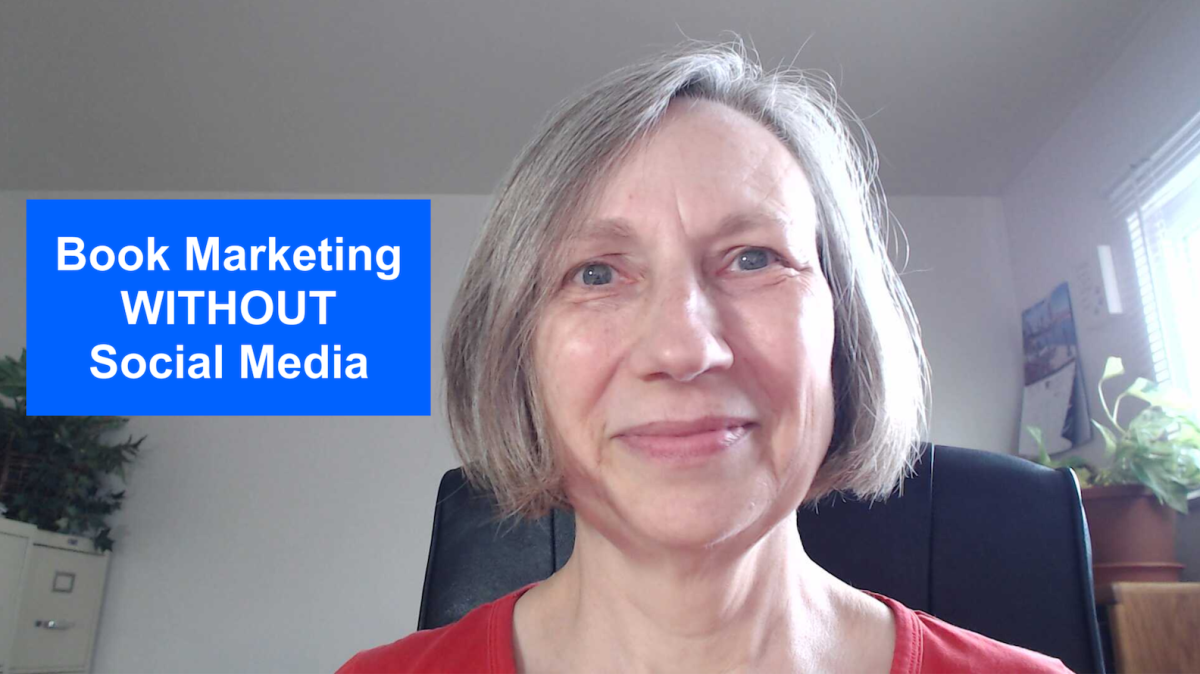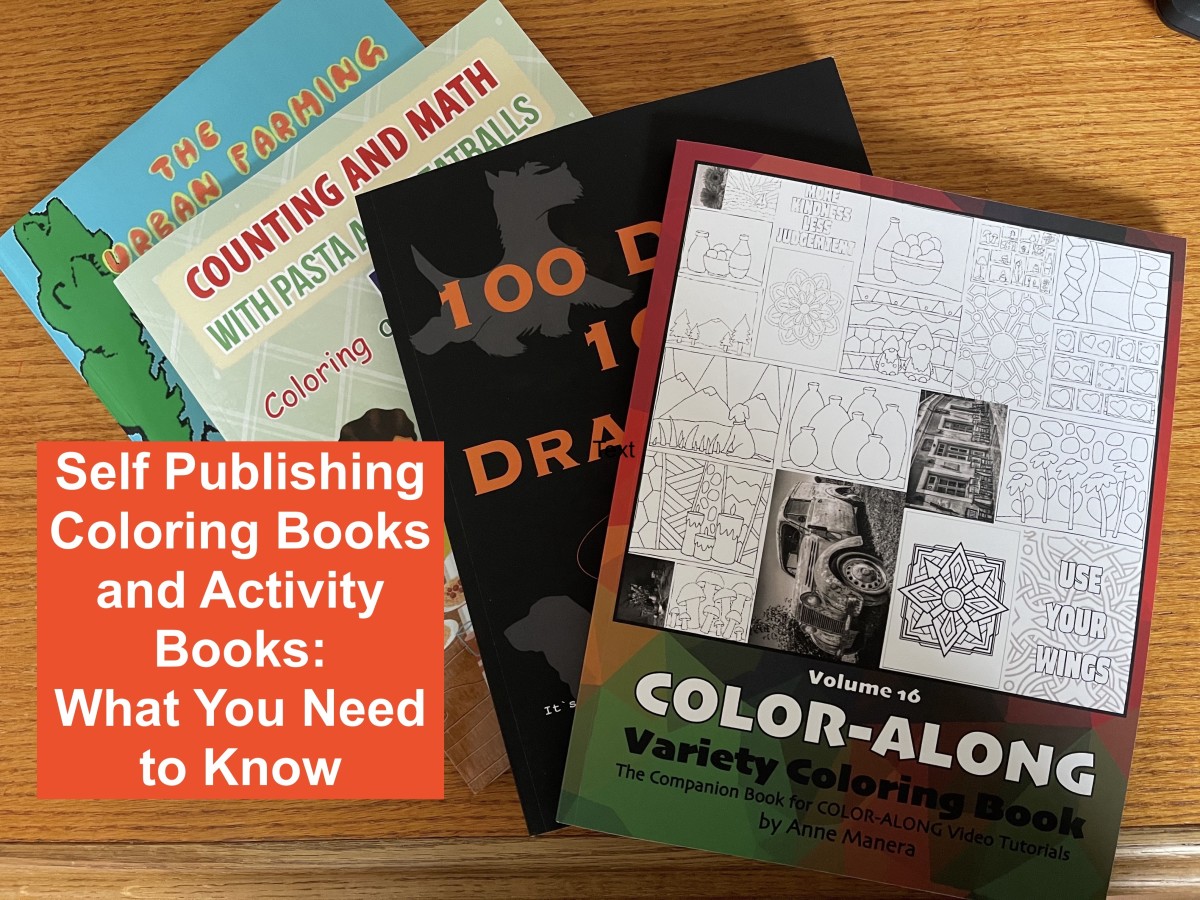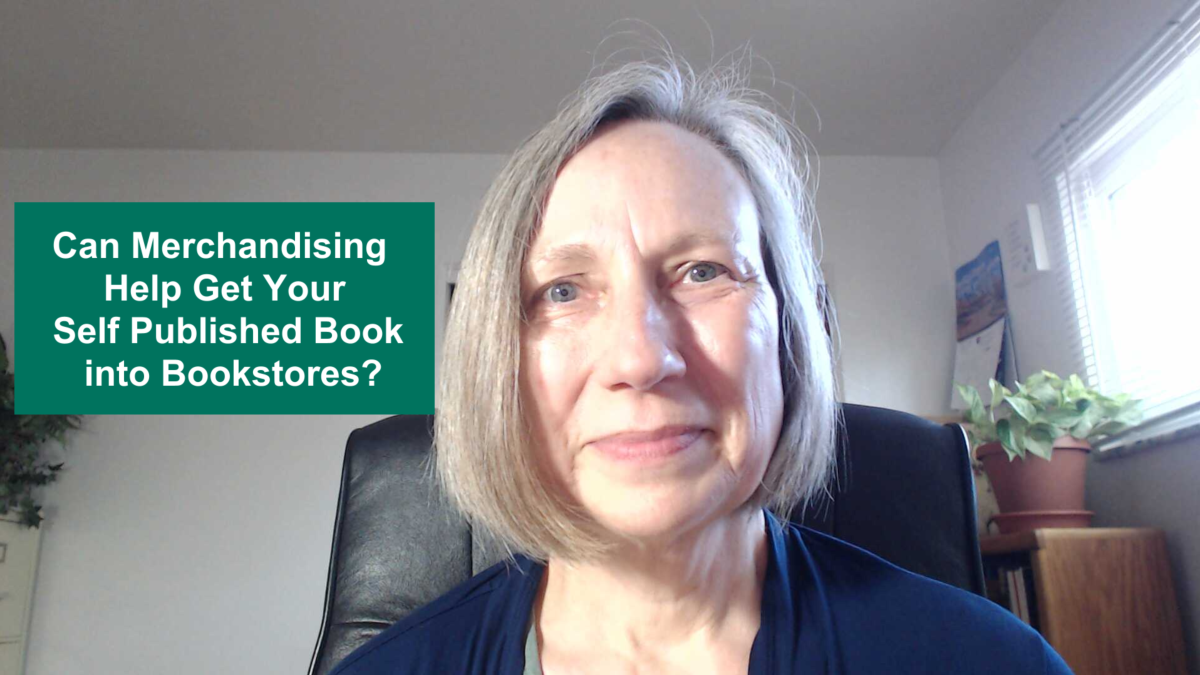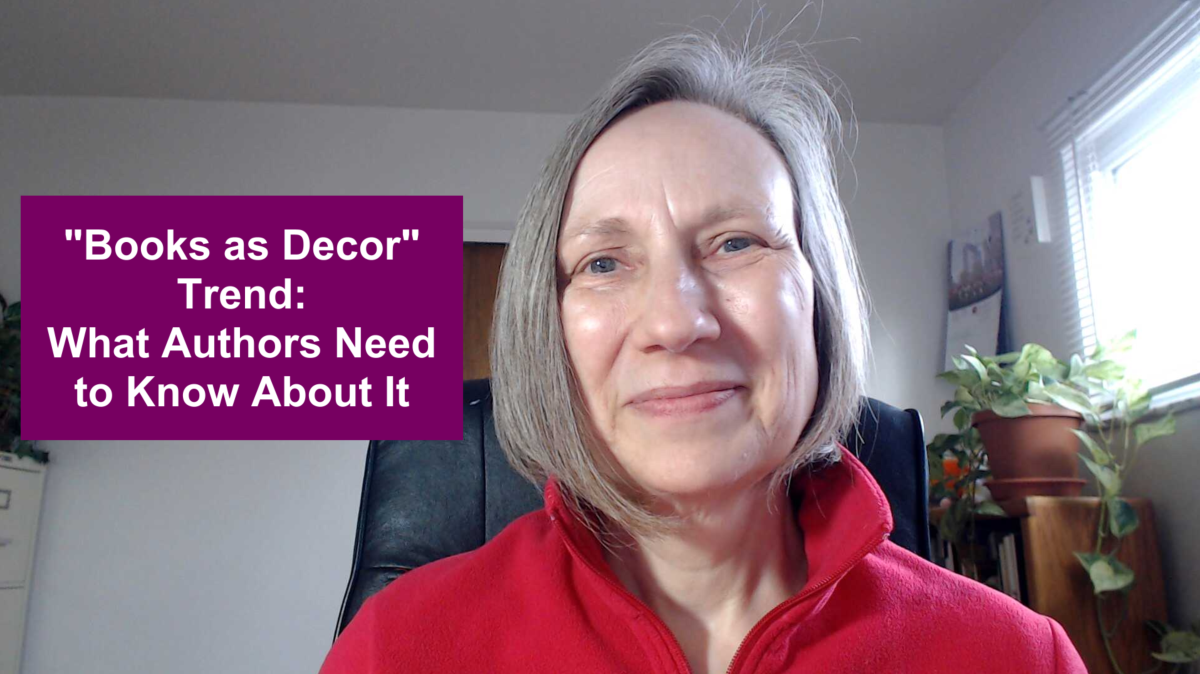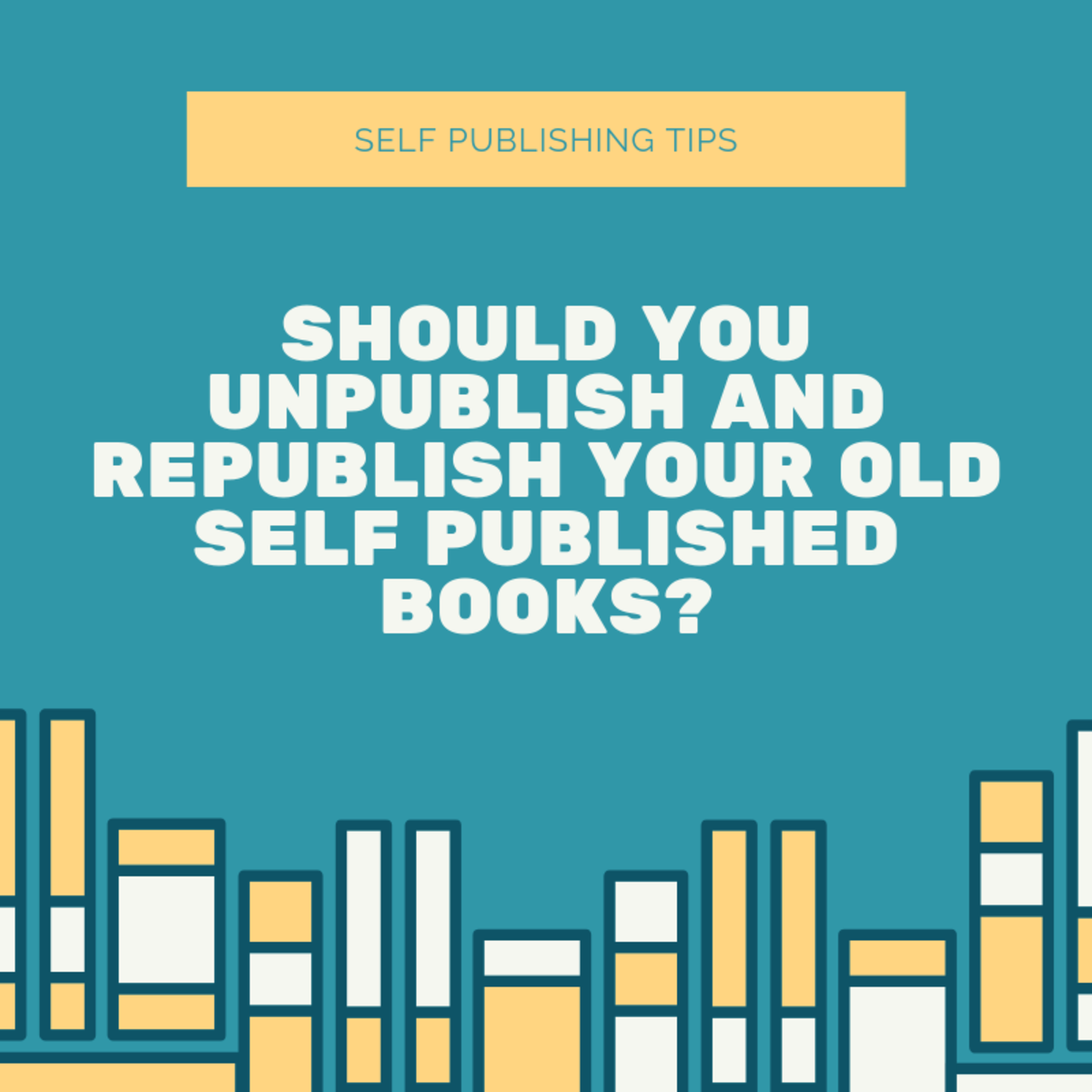- HubPages»
- Books, Literature, and Writing»
- Commercial & Creative Writing»
- Making Money as a Writer
Why you should self-publish

Self-publishing isn't particularly popular in some areas of media. The problem seems to be that it puts out of the equation a lot of the bureaucracy usually associated with publishing. Apparently nothing is more interesting than taking a creative product and putting it through an endless nitpicking session in which authors can be regaled with the timeless wisdom of the industry.
The big advantage of self-publishing is actually commercial. By self publishing, you take care of quite a lot of major issues, both practical and legal.
These are the basics:
Self-publishing protects your intellectual property and commercial rights. Your self published book is your claim to ownership of content under international copyright conventions.
Self-publishing creates an instant file format, very useful for sending copies and also, if you use a good self-publisher like Amazon CreateSpace, guarantees an excellent print copy.
(This is from experience; I had the unpleasant experience of self-publishing on a very well-known self-publishing site, to discover that the print copy was absolutely appalling. The formatting was revolting, paper quality was abysmal, and my poor readers were left trying to wade through this dog's breakfast of a book, 120,000 words, which was quite unacceptable. The minute I found out about it, I moved to CreateSpace.)
A self-published book has all the rights associated with both the content and the ideas in the book. This includes:
- Content
- Characters
- Storyline
- Unique intellectual property
- Electronic rights
- Film rights
- Print rights
In short, your self-published book covers just about all the angles involved in publishing. You can, for example, sell print rights to a book, preserving the right to publish on Kindle or some other electronic medium as a separate right.
Publishers don't really have much to complain about, when looking at a self-published book. All the basic work has been done; the book has been proofed, so all they have to do is click. This is very much a time-saving exercise and far more efficient than the conventional process.
For the record, publishers do look at books which have been previously self-published. If a self-published book sells, nobody gives a damn about the technicalities. Why would they? They have proof that the book is marketable.
The negativity about self-publishing is largely self-serving for a sector of the market which is essentially part of the backroom machinery. The backroom of publishing is a labyrinth of bureaucratic processes, none of which are actually necessary in the modern environment. Editorial help is still required, obviously, but who needs the rest of it? Writers may not be expert marketers, (which is hilarious when you bear in mind the number of submission forms which ask you which market your book is likely to appeal to), but after all, what are the publishing industry marketers there for? Christmas decorations?
Most importantly, self-publishing gives you full creative control over the published product. That’s something you may not get from a conventional publisher. If you're an innovative writer, particularly if you're a very creative writer, you can at least get your idea out to the public intact.
Ironically, the publishing industry seems to have shot itself in the foot in a particularly efficient way by creating various bureaucratic structures which seemed to do nothing but interfere with publishing creative materials. Irritating the people who create the product simply means that those people will go elsewhere. That means the publishers simply don't get the product.
Writers of the future can look forward to a much more realistic publishing industry and a far more helpful market. The simple fact is that the current process cannot handle the saturation level of new product emerging on the market. Conventional publishers can only handle so much product. They're simply not equipped to deal with the massive volumes of materials coming out. That has to change, for both business reasons and to meet demand for new product.
Self-publishing is quite obviously the way of the future. It's more likely that publishers will turn into agents for promoting selected books than to continue with this top-heavy, bureaucratic waste of time and money. The good news to writers is that this means that the market for once will be up to date, not plodding along 30 years behind the creative ideas as it is now.


